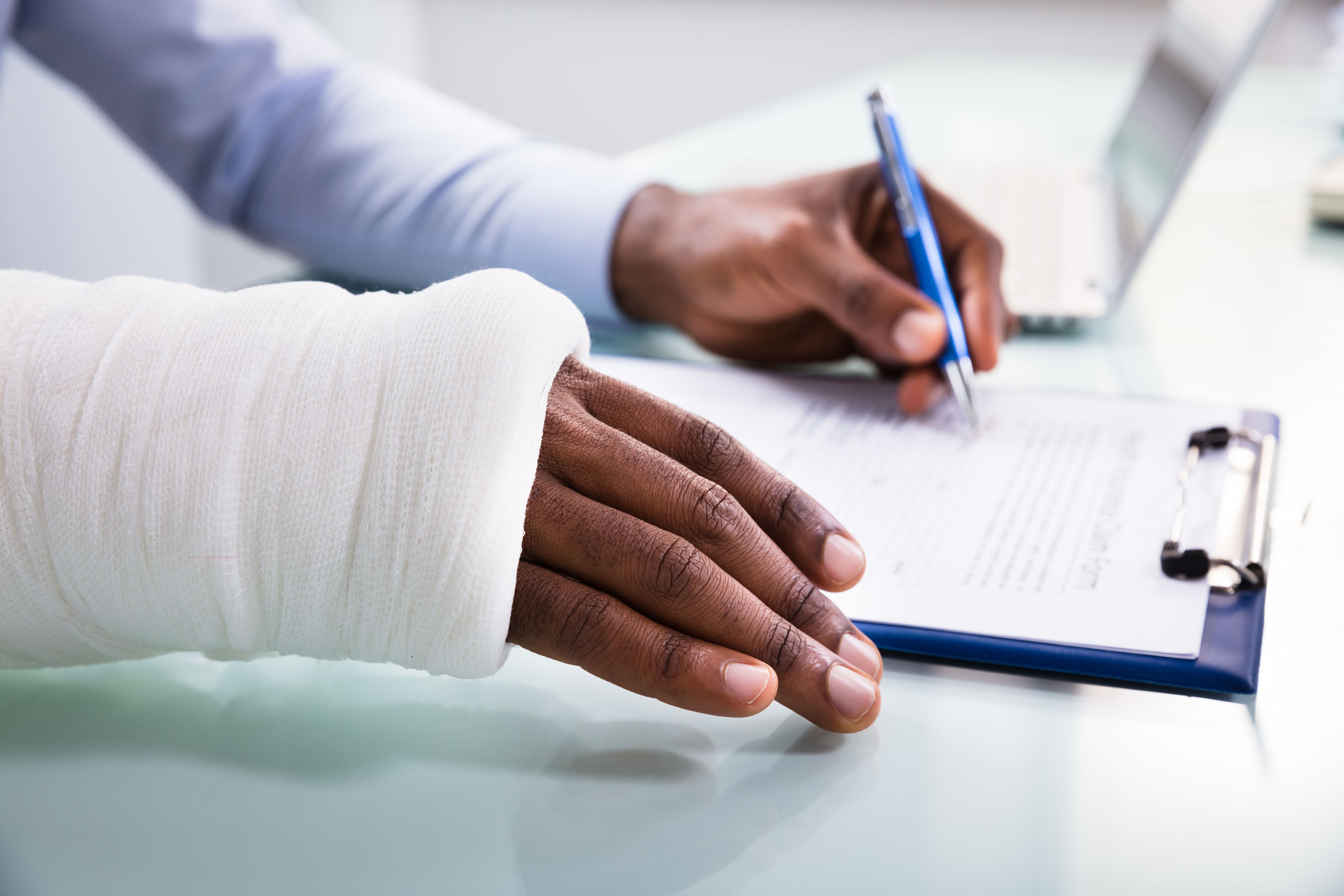California is a community property state. This means that all community property is equally divided between divorcing spouses. As a result, any asset that a couple acquires during their marriage is presumed to be community property.
For example, when a married couple purchases a family home and furniture, they ordinarily share the home and its furniture. It is unusual for a couple to buy home furniture with one spouse having individual ownership rights over the couch and the other having distinct ownership over the bed.
This principle applies to all property a couple acquires while married; the law presumes that both spouse share ownership rights in community property. When the couple gets a divorce, however, they must split community property equally between them. The couple can, for example, sell all community furniture and equally divide the sale proceeds among themselves. Property that a spouse acquires after permanent separation from their spouse is considered to be their separate property and is not subject top division during divorce proceedings.
Community property rules not only apply to houses and furniture, but also to income, investments, and even damages awarded in a personal injury case.
Personal Injury Damages
When someone is wrongfully injured due to the actions of another person, they are entitled to receive damages to compensate them for economic and noneconomic losses stemming from their injuries.
Economic damages available in personal injury cases include:
- Medical expenses, such as hospital bills and physical therapy sessions
- Lost wages from time off work
- Lost future wages due to resulting disabilities
Noneconomic damages include:
- Pain and suffering
- Mental anguish
- Emotional harm
The following causes of action involve compensatory damages for personal injuries:
- Negligence resulting in bodily injury
- Intentional torts resulting in bodily injury
- Strict liability torts for bodily injury
Community Estate Personal Injury Damages
In general, both spouses have a community property interest in damages paid by a third-party tortfeasor for personal injuries that arise during marriage. For example, if the couple is injured in a car accident caused by a third party, the damages award is generally considered to be community estate personal injury damages.
California Family Code § 2603 governs the division of “community estate personal injury damages,” which is defined as “all money or other property received or to be received by a person in satisfaction of a judgment for damages for the person’s personal injuries or pursuant to an agreement for the settlement or compromise of a claim for the damages, if the cause of action for the damages arose during the marriage but is not separate property a described in Section 781…”
Under California Family Code § 781, personal injury damages are considered to be a spouse’s separate property under the following circumstances:
- “After entry of a judgment of dissolution of a marriage or legal separation of the parties.”
- “While the injured spouse is living separate from the other spouse.”
The community property character of personal injury damages is determined based on when the right to collect such damages arose, regardless of when the at-fault party ultimately pays.
To illustrate this point, imagine that a couple was injured in a car accident in 2015 and filed a personal injury lawsuit that ends up lasting for two years. In the meantime, the couple permanently separated in January 2016 and filed for divorce in May 2016. Even if the at-fault party ends up paying damages in 2017—after the couple separated—the damages are considered to be community property because they sustained compensable injuries in 2015 when they were still married.
Under Section 2603, community estate personal injury damages are awarded to the party who suffered the injury.
However, the court must consider the following factors when assigning such damages:
- The parties’ respective needs and economic conditions
- How much time went by between the injury and receiving damages
- All other facts relevant to interests of justice
When community property or the separate property of a spouse is used to cover medical expenses stemming from the other spouse’s personal injuries, they are entitled to reimbursement from community estate personal injury damages to compensate them for the use of community or separate property to cover the injured spouse’s losses.
Consult Family Law San Diego
If you divorce involves complex property division issues, such as those concerning the distribution of community estate personal injury damages, you should seek legal representation from an experienced attorney at Family Law San Diego. Our legal team is dedicated to finding fair resolutions to your family law dispute.
Call us at (619) 577-4900 or complete our online request form to schedule a consultation about your case today.


